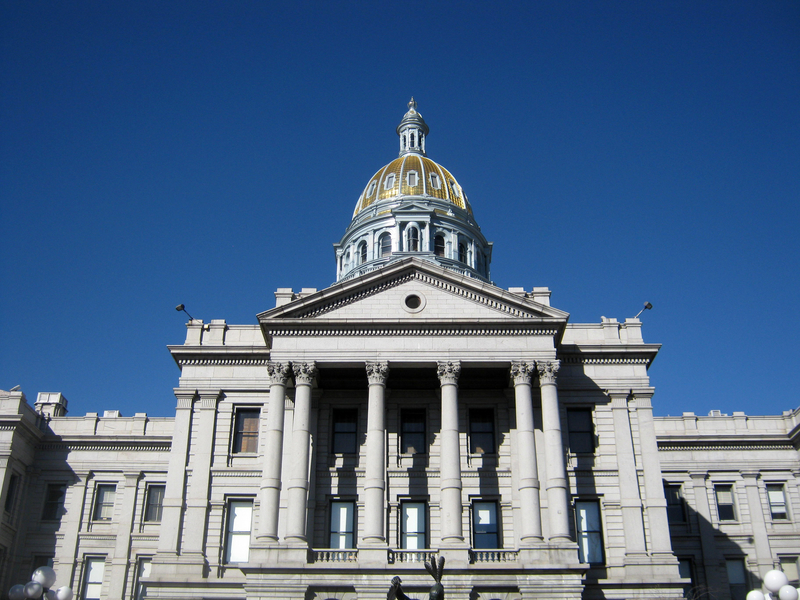On Wednesday, June 2 the $5.3 billion transportation funding plan was approved by the Colorado Senate, after receiving final approval and some additional amendments in the Colorado House that morning. SB21-260 now heads to Governor Jared Polis’s desk for signature. The ambitious, ten-year plan is funded in part by some new fees over the next decade, intended to supplement the falling gas tax funding that has supported Colorado’s Dept. of Transportation for the past several decades.
SB21-260, aims to raise $3.784 billion in new revenue through fees on everything from gasoline sales to food delivery,” Polis said during a conference on Tuesday afternoon. “Another $1.484 billion will come from the state’s general fund and one-time stimulus funding. No more U-turns. No more detours.”
“The best solution for transportation funding that the state of Colorado has ever had in the last 10 years is before you today,” said House Speaker Alec Garnett, D-Denver, prior to the final vote.
The bill’s prime sponsors in the House were Speaker Alec Garnett, D-Denver, along with Broomfield Democratic Rep. Matt Gray. Garnett gave a floor speech before the final vote in which he pointed out the diverse coalition of stakeholders that had to work together to make the bill a reality, saying “one side that says only asphalt, concrete and bridges” to another “who say no more roads, no more lanes.”
No Republicans supported the bill. Just as in its passage in the Senate, it passed the House on a 41-24 party-line vote with one Democratic member excused. Rather than agreeing with any of the benefits of shoring up the state’s roads and bridges, inadequate broadband, and general under-funded infrastructure, Republicans spent hours focusing on and debating the fees that will fund the upgrades over the coming decade.
The final bill ended up to be 214 pages, including a 22-page fiscal note from Republicans, read at length after hours of objections. Some of the objections contradicted the stance taken by Republicans in prior years, while others showed support.
According to the records, when he was elected, Rep. Shane Sandridge (R-Colorado Springs) said the number one concern of his district was infrastructure and roads, and that was because of the “Gap,” the section of I-25 being widened between Castle Rock and Monument. But he has since changed his stance and objected to the funds. (An ironic position given the driver pain that has been experienced for years as that gap area of I-25 between Castle Rock and Monument has been under major construction.)
Rep. Richard Holtorf (R-Akron) said the funding mechanisms for the bill are an end-run around the Taxpayer’s Bill of Rights (TABOR). While he at least agreed that infrastructure investment is important, he disagreed with any environmental investments.
If the governor signs the bill, it will increase a per-gallon charge on fuel by two cents a year until 2028 then index to inflation, on top of the existing 22-cent gas tax. Electric vehicle drivers will have to pay more for their tags until their fees equal what those who drive combustion vehicles pay to support transportation.
Featured Image: Colorado Statehouse. Photo courtesy of Unsplash.









Recent Comments